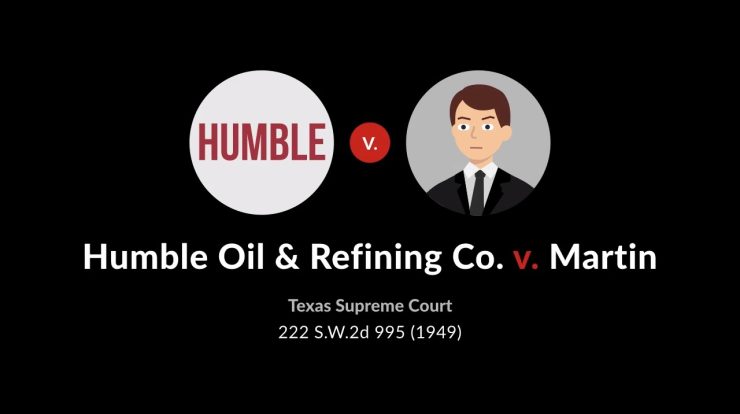Iowa groundwater hazard statement exemptions offer a nuanced framework for balancing environmental protection and economic development. This comprehensive guide delves into the purpose, types, procedures, impacts, and best practices associated with these exemptions, providing a thorough understanding of their significance and implications.
Overview of Iowa Groundwater Hazard Statement Exemptions

Groundwater hazard statement exemptions in Iowa aim to protect groundwater resources while allowing for responsible development and economic growth. These exemptions provide flexibility in implementing groundwater protection measures, considering site-specific conditions and minimizing undue economic burdens.
The development of groundwater hazard statement exemptions in Iowa has evolved over time, with the first exemptions established in the 1980s. These exemptions have been refined and updated through legislative changes and administrative rulemaking to reflect changing environmental and economic conditions.
The legal framework governing groundwater hazard statement exemptions in Iowa is primarily established through the Iowa Code and administrative rules adopted by the Iowa Department of Natural Resources (IDNR). These regulations define the types of exemptions available, the criteria for eligibility, and the procedures for obtaining an exemption.
Types of Iowa Groundwater Hazard Statement Exemptions
Iowa offers several types of groundwater hazard statement exemptions, each tailored to specific scenarios and development activities:
- Site-Specific Exemptions:Allow for the use of alternative groundwater protection measures at specific sites, considering unique hydrogeologic conditions or development constraints.
- Equivalent Protection Exemptions:Permit the use of alternative practices that provide an equivalent level of groundwater protection to the standard requirements.
- Conditional Exemptions:Grant exemptions subject to specific conditions, such as monitoring requirements or the implementation of additional protective measures.
- Financial Hardship Exemptions:Provide relief from groundwater protection requirements for property owners facing financial hardship due to the cost of compliance.
- Temporary Exemptions:Allow for temporary deviations from groundwater protection measures during construction or other short-term activities.
Procedures for Obtaining Iowa Groundwater Hazard Statement Exemptions

To obtain a groundwater hazard statement exemption in Iowa, applicants must follow a specific process:
- Submit an Application:Submit an exemption application to the IDNR, providing detailed information about the proposed development and the requested exemption.
- Review and Approval:The IDNR reviews the application, considering factors such as the potential impact on groundwater resources, the adequacy of alternative protection measures, and compliance with applicable regulations.
- Issuance of Exemption:If the application meets the criteria, the IDNR issues an exemption that Artikels the specific conditions and requirements for the project.
Impacts of Iowa Groundwater Hazard Statement Exemptions
Groundwater hazard statement exemptions can have significant environmental, economic, and social impacts:
- Environmental Impacts:Exemptions may increase the risk of groundwater contamination if alternative protection measures are not adequately implemented or monitored.
- Economic Impacts:Exemptions can reduce the cost of development for businesses and landowners, potentially stimulating economic growth.
- Social and Public Health Impacts:Exemptions may affect the availability and quality of drinking water, impacting public health and community well-being.
Best Practices for Managing Groundwater Hazard Statement Exemptions

To minimize environmental risks and ensure responsible use of exemptions, the following best practices should be followed:
- Rigorous Review and Monitoring:Exemptions should be granted only after a thorough review of potential impacts and with appropriate monitoring to ensure compliance.
- Education and Outreach:Property owners and developers should be educated about the importance of groundwater protection and the proper use of exemptions.
- Enforcement:Effective enforcement mechanisms should be in place to deter violations and ensure compliance with exemption requirements.
FAQ Section: Iowa Groundwater Hazard Statement Exemptions
What is the purpose of Iowa groundwater hazard statement exemptions?
Iowa groundwater hazard statement exemptions provide a mechanism for businesses and landowners to obtain relief from certain groundwater protection requirements when specific criteria are met.
What are the different types of Iowa groundwater hazard statement exemptions?
There are several types of Iowa groundwater hazard statement exemptions, including exemptions for agricultural practices, industrial activities, and public water supply systems.
How do I obtain an Iowa groundwater hazard statement exemption?
To obtain an Iowa groundwater hazard statement exemption, you must submit an application to the Iowa Department of Natural Resources (DNR) that includes specific documentation and fees.
